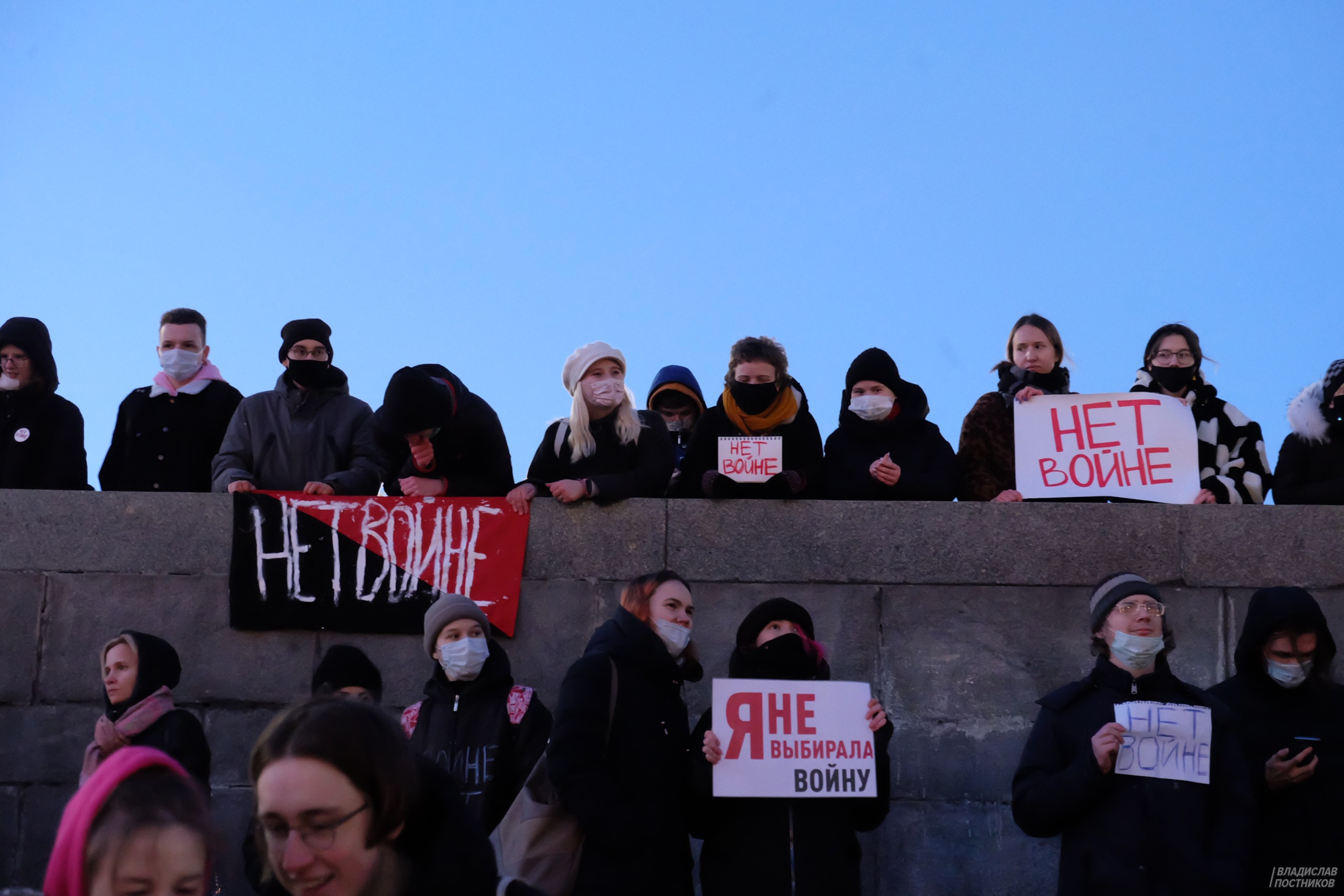Russia’s political landscape has undergone a significant transformation since the collapse of the Soviet Union, evolving into an increasingly authoritarian state under the leadership of Vladimir Putin. This shift has been marked by a consolidation of power, suppression of dissent, and a decline in democratic freedoms.
Key Characteristics of Russia’s Authoritarian Regime
- Consolidation of Power: President Putin has centralized power in the Kremlin, weakening democratic institutions and reducing the influence of independent bodies.
- Suppression of Dissent: The government has used various tactics to silence opposition voices, including arrests, harassment, and imprisonment of activists and journalists.
- Controlled Media: State-controlled media dominates the information landscape, shaping public opinion and limiting access to diverse perspectives.
- Restricted Civil Liberties: Freedom of speech, assembly, and association are severely curtailed, and independent civil society organizations face significant challenges.
- Manipulation of Elections: Elections are often rigged or manipulated to ensure the ruling party’s victory, limiting the public’s ability to choose their leaders.
- Use of Force and Intimidation: The government employs security forces to suppress protests and maintain social control, fostering a climate of fear and intimidation.
Historical Context and Contributing Factors
The roots of Russia’s authoritarian trajectory can be traced back to the Soviet era, where a single-party state and state-controlled media were the norm. The collapse of the Soviet Union in 1991 presented an opportunity for democratic reforms, but these efforts were ultimately derailed by various factors:
- Weak Democratic Institutions: The newly formed democratic institutions were fragile and susceptible to manipulation.
- Economic Challenges: Russia faced significant economic difficulties in the 1990s, leading to social unrest and a decline in living standards.
- Rise of Strongman Politics: Putin’s rise to power marked a shift towards a more authoritarian style of governance, appealing to a sense of national pride and order.
- Foreign Policy Assertiveness: Russia’s assertive foreign policy, particularly its interventions in Ukraine and Syria, has further consolidated power within the Kremlin and suppressed domestic dissent.
Impact on Russia and the World
Russia’s authoritarian turn has had profound consequences both domestically and internationally:
- Domestic Impact: It has stifled economic growth, limited innovation, and eroded social trust.
- International Impact: It has strained relations with Western countries, led to increased geopolitical tensions, and undermined international norms and values.
The Future of Russia’s Authoritarian Regime
The future of Russia’s political trajectory remains uncertain. While the current regime appears firmly entrenched, internal and external pressures may eventually lead to change. However, the path towards a more democratic and open society will likely be long and arduous.
Additional Information
- Human Rights Abuses: Russia’s human rights record has deteriorated significantly under Putin’s rule. The government has been accused of arbitrary arrests, torture, and extrajudicial killings.
- Economic Stagnation: Russia’s economic growth has slowed in recent years, due in part to corruption, cronyism, and a lack of investment.
- International Isolation: Russia’s aggressive foreign policy has led to increased international isolation. The country has been sanctioned by the West for its annexation of Crimea and its support for separatists in eastern Ukraine.
I hope this answer is helpful. Please let me know if you have any other questions.

Leave a Reply